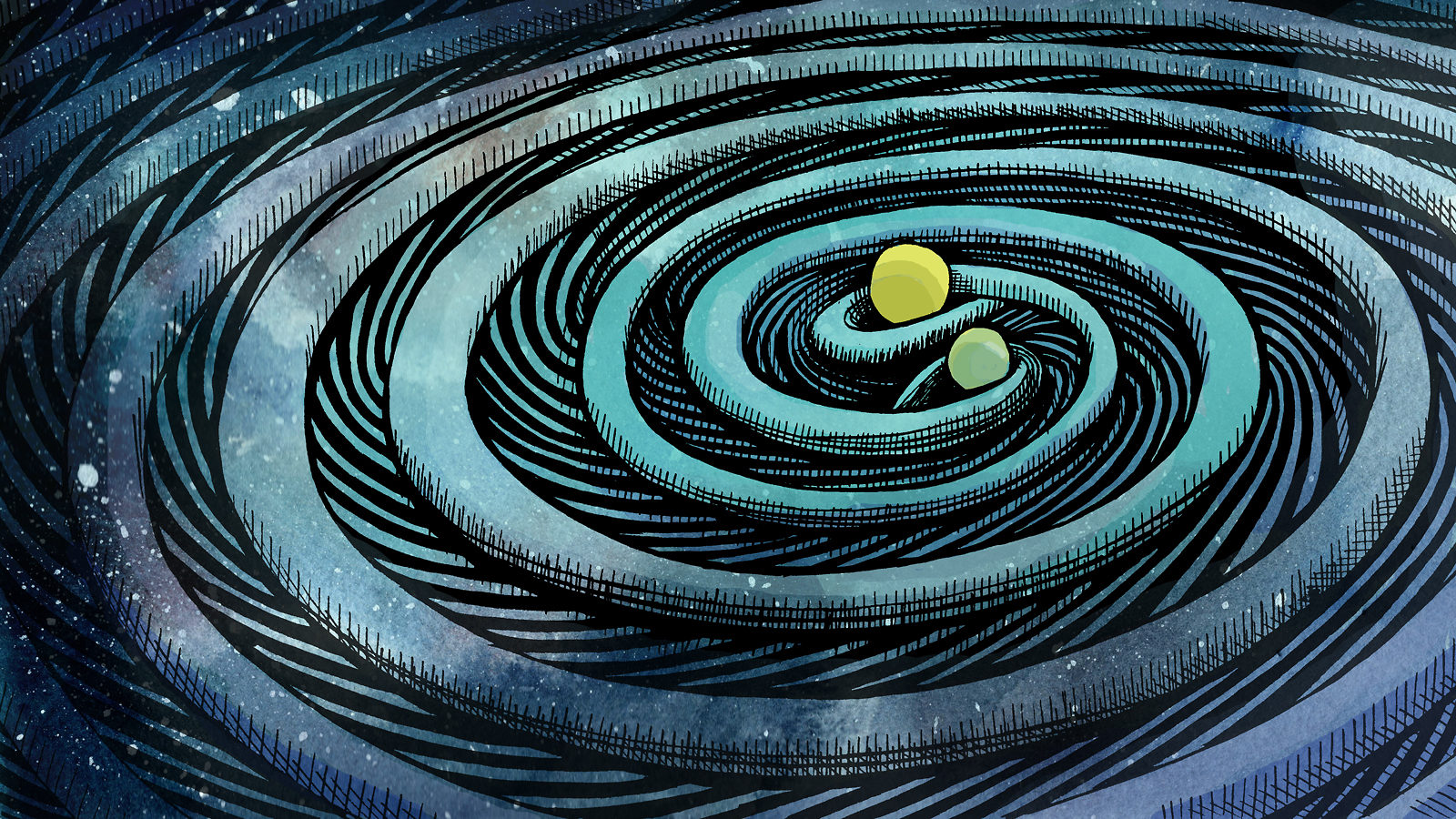Gravity explorers
H19:00
I Pomeriggi series
H19:00
I Pomeriggi series
The event will take place in English at H19:00 at Istituto Svizzero, via del Vecchio Politecnico 3, Milan.
Free entry, register here.
I pomeriggi series
I pomeriggi at Istituto Svizzero is a series dedicated to our Fellows. It is an opportunity for the public to learn more about the projects they are working on during this year’s residency.
The event is curated by Francesco Iacovelli (Milano Calling 2022/2023).
Gravity explorers
Most of what we know about the Universe (planets, stars, galaxies,…) came to us through light. But it’s gravity, not light, that keeps the Universe together. Straddling the boundaries between astronomy and relativity, gravitational waves are the fundamental messenger of gravity and provide a new way of exploring the cosmos. Why should we only look at the Universe when we can also hear it?
This discussion will provide a broad overview of what gravitational waves are, and the long history behind their first direct detection, that happened only a few years ago. The speakers will then explain some exciting applications of gravitational waves, from the small scales of nuclear physics to the very large scales of cosmology, and give some insights of the future of gravitational wave science.
Biographies:
Davide Gerosa completed his PhD at the University of Cambridge (UK) in 2016. He then held a NASA postdoctoral fellowship at the California Institute of Technology and a faculty appointment at the University of Birmingham. Since 2021 he is an associate professor at the University of Milano-Bicocca, where he leads a vibrant research group in gravitational-wave astronomy supported by the European Research Council.
Francesco Iacovelli (1996) obtained an MA in Astronomy and Astrophysics at Sapienza University of Rome in 2020 and he has been doing a PhD at the University of Geneva, in the Department of Theoretical Physics, within the Cosmology group. His research activity focuses on exploring the window that gravitational waves have opened on our Universe, testing the models that can describe it and looking for deviations from General Relativity. In Milan he works with the Bicocca University to combine Cosmological and Astrophysical analysis, aiming to obtain a better estimate of the parameters that characterise both our Universe and the population of black holes it contains.

Artwork by Sandbox Studio, Chicago with Corinne Mucha